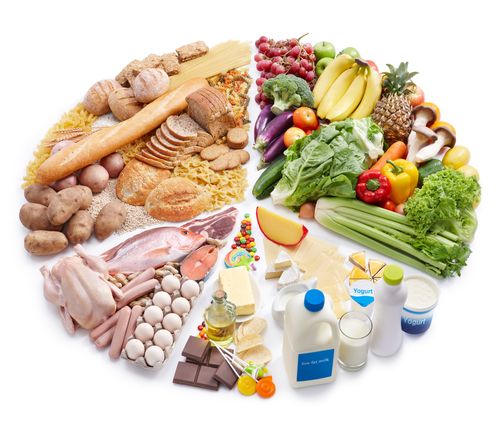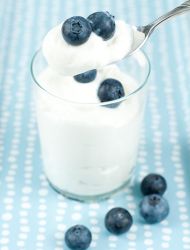Probiotics have been gaining popularity since the 1990s. Ask most anybody if they have heard of them and they will respond with a "yes." But when asked if they know about prebiotics, most people either don't know what you're talking about or assume that you meant to say 'probiotics.' There is a difference however, between prebiotics and probiotics–but it has only been recently that the former has begun to receive attention by journalists and researchers.
The word 'biotic' means 'relating to, produced by, or caused by living organisms' and 'pre' means 'before.' Therefore, when looking at the word 'prebiotics' we can deduce that they are a precursor to some sort of living, organic activity, which is absolutely correct. Prebiotics are non-digestible food ingredients that "stimulate the growth and/or activity in the digestive system in ways claimed to be beneficial to health."
Prebiotics are what is commonly known as a functional food component. The reason we haven't heard much about prebiotics is that weren't first identified until 1995. This is in sharp contrast to their more popular cousins probiotics, which were first identified more than one hundred years ago. But just because they're not as popular or widely known, doesn't make them any less important.
Prebiotics are typically carbohydrates, but they can include non-carbohydrates as well. The most common prebiotics are nutritionally classified as soluble fiber. However, no plant or food can actually be classified as a prebiotic. Rather, plants and foods can contain prebiotics, with some having more than others. Some plants have foods are loaded with prebioitcs while others just have trace amounts.
The top ten foods that contain prebiotics and their prebiotic fiber content by weight, include: 1) raw chicory root (64.6%); 2) raw Jerusalem artichoke (31.5%); 3) raw dandelion greens (24.3%); 4) raw garlic (17.5%); 5) raw leek (11.7%); 6) raw onion (8.6%); 7) cooked onion (5%); ![]() raw asparagus (5%); 9) raw wheat bran (5%); and 10) cooked whole wheat flour (4.8%).
raw asparagus (5%); 9) raw wheat bran (5%); and 10) cooked whole wheat flour (4.8%).
Research has not identified a specific bacteria group upon which prebiotics have an effect. The important thing to know about them is that prebiotics are believed to increase the number and/or activity of good bacteria in the digestive system, which benefits our bodies. In general however, it is believed that they increase the number and activity of bifidobacteria and lactic acid bacteria, both of which are important to maintaining good health and improving metabolic functioning.
Some of the purported benefits of prebiotics include: improving functioning of the digestive and immune systems; reducing the risk of contracting certain types of cancer; enhancing mineral absorption, which can improve overall health; reducing symptoms of colitis or Crohn's Disease; facilitating intestinal regularity; and lowering the risk of hypertension, among others.
Many nutrition experts and scientists believe that their positive benefits are the result of increased production of short-chain fatty acids (SCFA) by the stimulated bacteria. Foods and supplements that stimulate the growth of SCFA are widely recognized as being beneficial to our health. For example, it is thought that prebiotics help alleviate Crohn's Disease by stimulating the production of SCFAs, which in turn, nourish the colon walls. Similarly, they reduce the symptoms of colitis by reducing the production of sulfate-manufacturing bacteria, which reduces hydrogen sulfite gas. The sulfate-producing bacteria cannot thrive in the somewhat acidic environment created by SCFAs.
Of course, more research needs to be done before we can truly understand exactly how prebiotics function and they positive impacts they have on our health and well-being. But given the potential benefits they have uncovered in just a few short years, I expect that we'll be seeing a lot more data coming out in the coming years.
One word of caution however. You might want to consider gradually adding prebiotics to your diet rather than running out and consuming massive quantities right from the start. Remember that our bodies will respond to sudden changes in diet in sometimes uncomfortable and embarrassing ways. In particular, the sudden addition of large amounts of prebiotics to the diet can cause a temporary increase in gas, bloating and bowel movements.
If you are interested in making prebiotics a more important part of your diet, then you should introduce them to your system gradually, over a period of several weeks. This will give your metabolic systems time to adapt and will significantly reduce the chances that you'll have to deal with the side effects.
So unless you have an allergy or some other condition that would prevent you from eating any of the top ten prebiotics foods, you now armed with a new tool to help improve your health and well-being.
More Information About Muscle Building Click Here
Source 4 Foods Never To Eat





No comments:
Post a Comment
What do you think about this quote? What's your favorite The Hangover. quote?